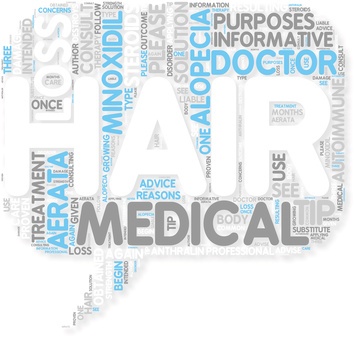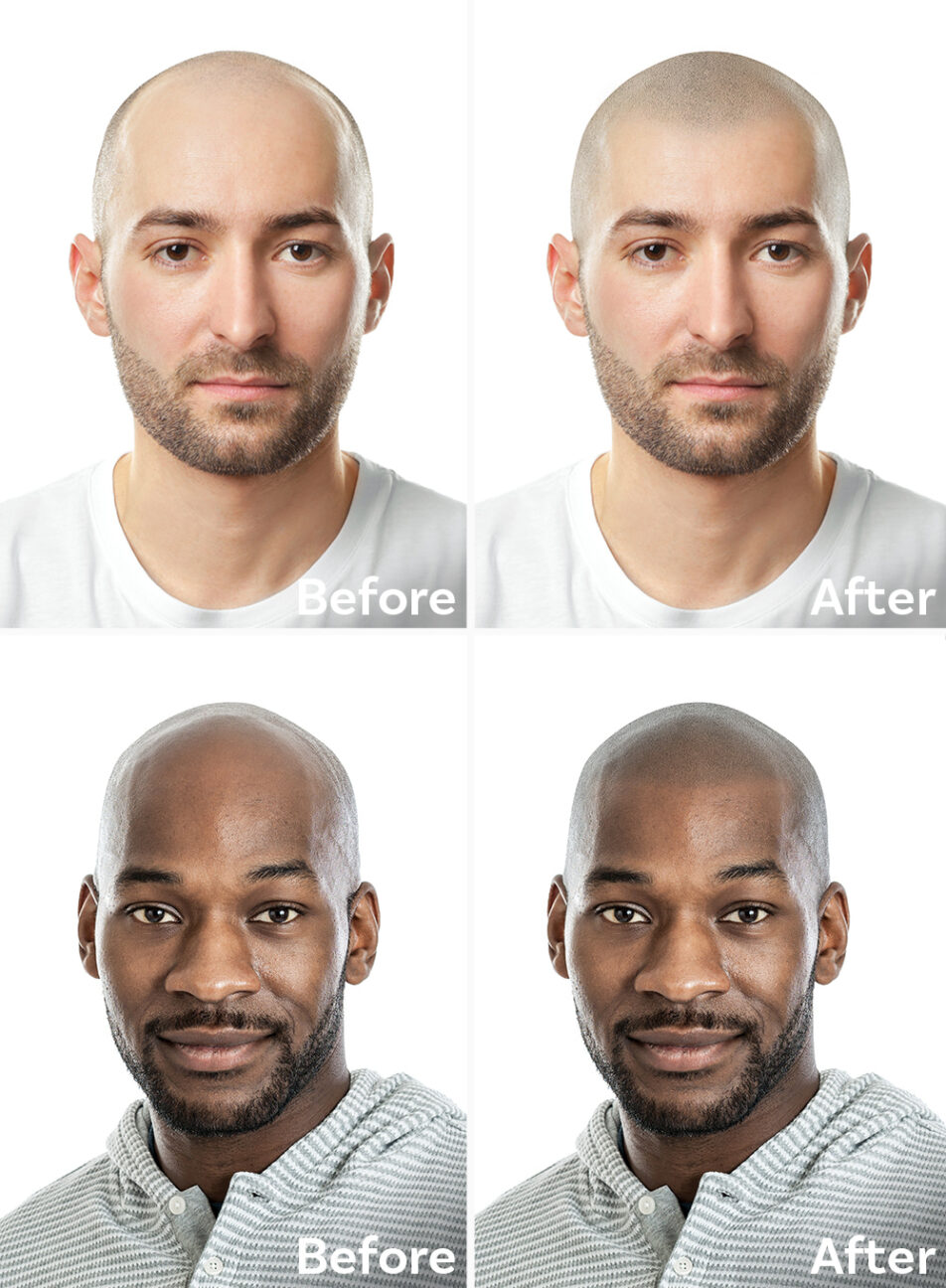There are a lot of old wives tales and curious myths flying around about hair loss. Heaven knows, when those first hairs start swirling around the plug hole all kind of reasons are thrown in the ring as possible factors why you, and not your mates, can see more of your own scalp than you want to. You can waste a hell of a lot of time on quack remedies that are not going to help you in any way, or you can spend ridiculous amounts of money on professed cures that do no more than part you from your savings.
So here at Skalp® we want to make the reasons plain and simple – and make it clear about the solutions that really do work. The triggers below are in no particular order. So here we go:
- Stress:
When we are under stress our bodies go into overdrive in an attempt to keep us safe – producing special hormones to deal with impending danger. In the case of a condition called Telogen effluvian stress sends the hair follicles into a resting phase and stops the hair from growing. If you feel stress is causing hair loss see a GP who can give you a clear diagnosis. Usually counselling can help or a change in your lifestyle.
- Medical condition:
Alopecia Areata is a common form of hair loss where the immune system attacks the hair follicles resulting in round smooth areas of hair loss. If you see these symptoms consult your doctor. There are medicines your GP can prescribe such as Rogaine which will help to confront this disease.
- Associated medical condition
You may be suffering from another illness which has a side effect of hair loss. The most common is thyroid issues. The thyroid regulates the hormones and so consequently this can effect hair growth as above. Again consult your Doctor if concerned.
- Associated medicines:
If hair loss suddenly happens overnight ask yourself in what way your lifestyle has changed. Have you started taking medication which may have side effects of hair loss? People taking medication to treat arthritis, heart issues, depression, high blood pressure, or cancer may experience hair loss.
- Nutrition:
Taking a balanced diet is right for all parts of the anatomy and hair growth and repair is no different. The best foods are rich in omega 3, vitamin c, vitamin b zinc and protein such fish, eggs, lentils, spinach, nuts and blueberries. Paying greater attention to your diet can help repair issues.
- Hairstyles:
How you style your hair can cause your hair to fall out. Extremely tight hair designs such as cornrows, pigtails and dreadlocks can result in traction hair loss. Don’t keep your hair in this type of styles for long periods of time.
- Testosterone:
The hormone which is causing all the problems, testosterone affects the hair by shrinking the hair follicles and therefore restricting hair growth. This is why men are more likely to go bald faster than women.
- Infections:
When an infection, such as ringworm, invades the scalp, it can lead to hair loss; however, once the condition is resolved the hair usually grows back.
- Hereditary causes
We often look at our dads to give us some idea of how our hair will cope as we get older. The most common hereditary illness is Male Pattern Baldness. This is usually seen as a receding hairline and hair disappearing around the crown.
- Skin disorders: Certain diseases such as lupus or lichen planus – an itchy rash of the skin – will result in hair loss at the scar site.
Skalp® the leader in Micro Pigmentation – a unique, safe and highly fashionable way for men and women to live with hair loss. To learn more visit our website


